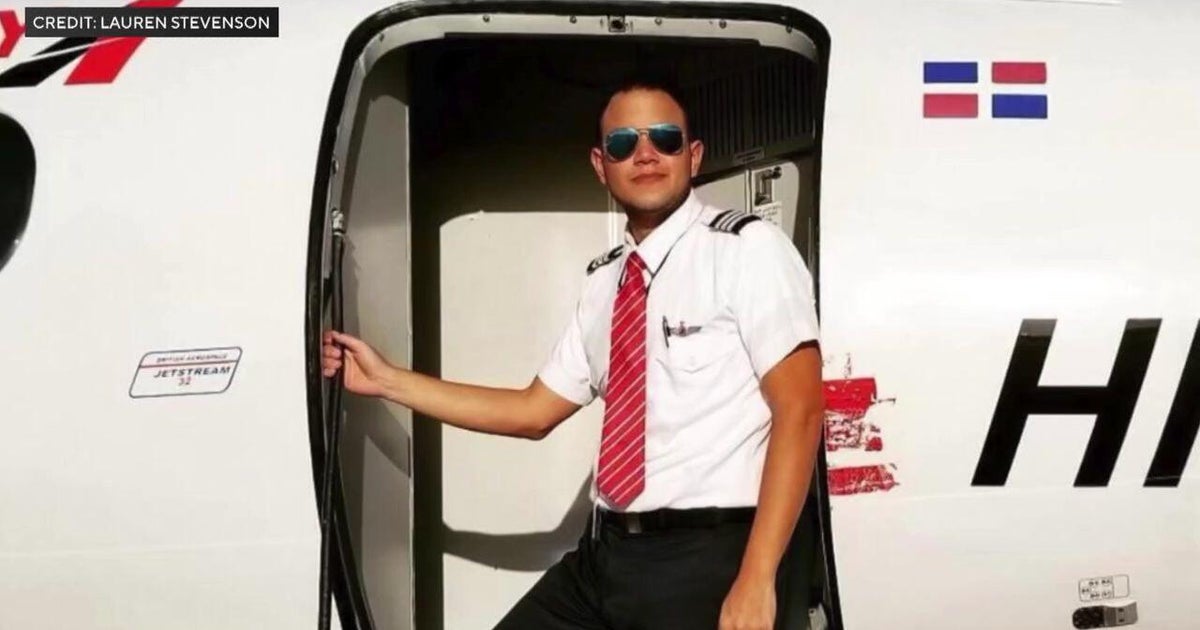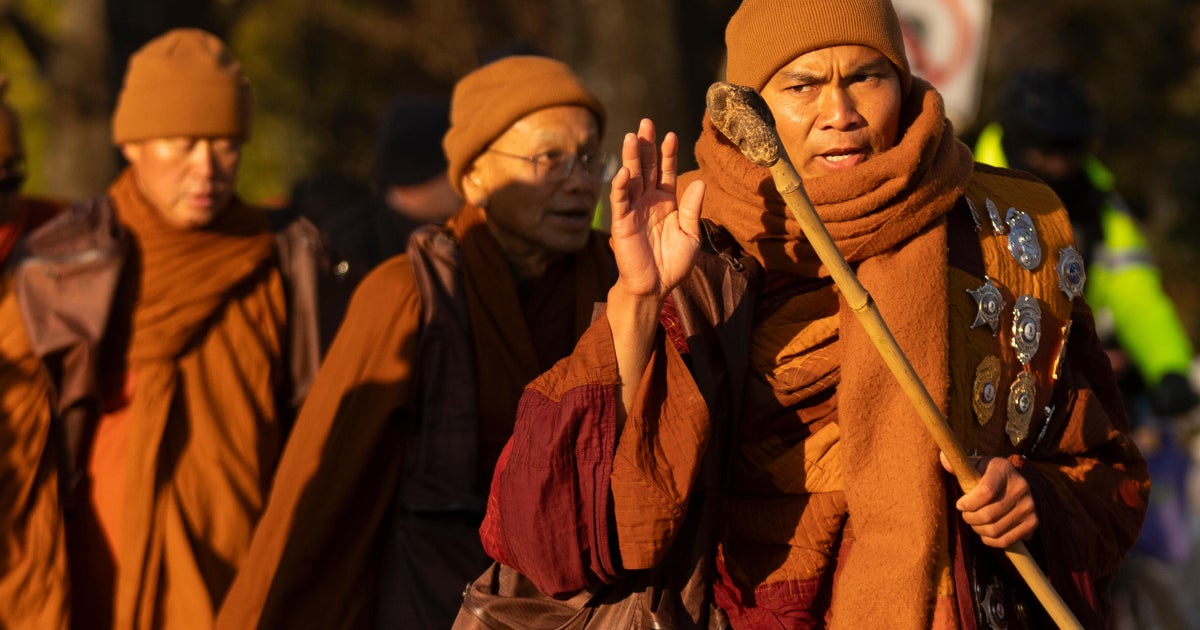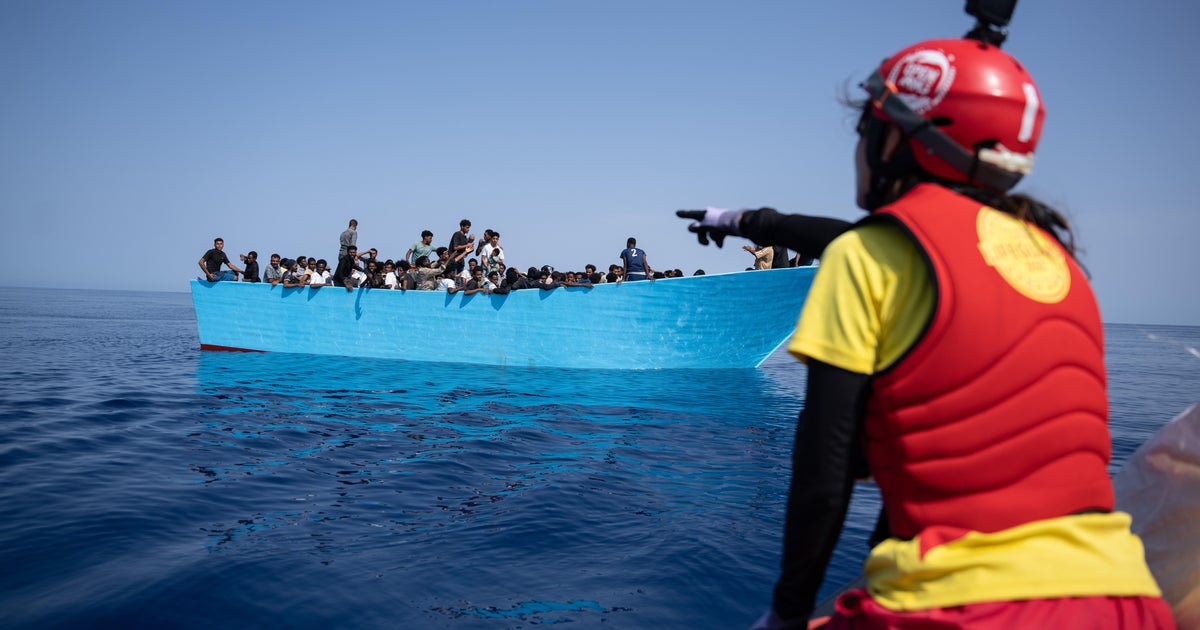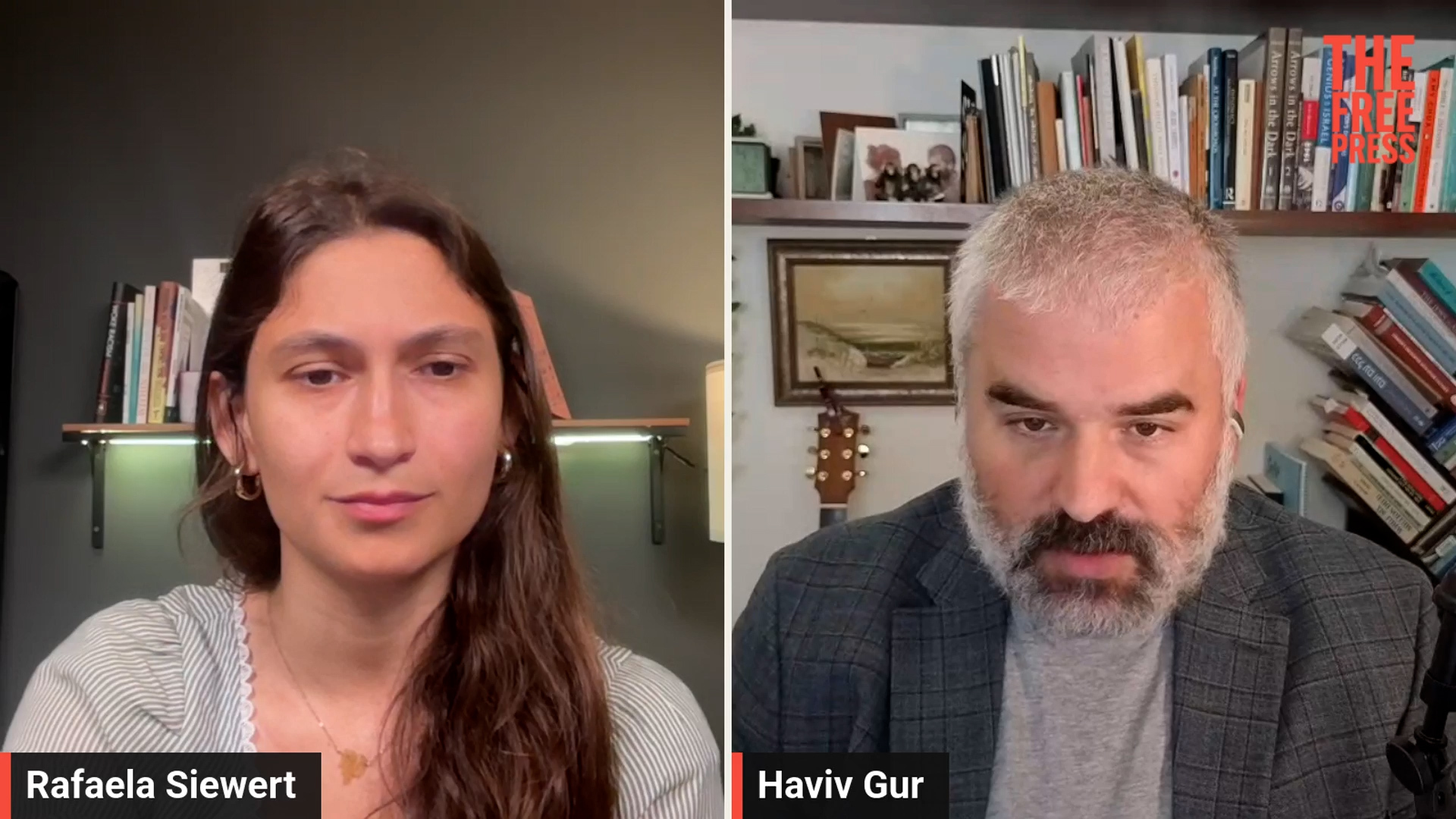Global Goalscast: Making the connection between peace and ending hunger
During a humanitarian crisis, there's a rush to bring food and other resources straight to the people who need it most. But as Global Goalscast hosts Edie Lush and Claudia Romo Edelman found, the key to ending hunger is finding peace.
According to the World Food Program, 113 million people in 53 countries are suffering acute hunger. People are at risk of starvation in places like Yemen and Afghanistan and parts of Africa. In many cases, the issue doesn't stem from a lack of food. The problem is that conflict is preventing people from accessing it.
One example comes from the Democratic Republic of the Congo, where Claude Jibidar directs the efforts of the World Food Program.
"If people in the DRC cannot plant because they are uprooted, because they are driven away from their fields, they don't have what they need to feed themselves every day," Jibidar said.
It can be hard to distinguish who the "real victims" are. A former child soldier, who did not want to be identified and is being called "Zachary," said before he joined a militia group at 13, it was difficult for him to survive and find food. But once he was involved in the armed group, he found food through looting, taking resources from farmers or stopping cars in the street.
Eventually Zachary fled. Thanks to training from a local NGO, he eventually opened his own computer business. He has since used his experience to discourage other young people from joining the same kind of armed group he once was a part of.
That's why humanitarian leaders like Jibidar focus on creating stability. If that happens, places like the DRC can then help others.
"If an end is brought to the conflict, I would be ready to go back to DRC in a few years' time. Not to be distributing food, but to be buying food from the DRC and taking that food in a number of other places where they're hit by drought," Jibidar said.
Is it possible to change the world? Can we still make the planet a better place for us all to live? U.N. special adviser Claudia Romo Edelman and Hub Culture executive editor Edie Lush — hosts of the Global Goalscast — believe the answer is a resounding "yes," and that everyone can play a part. Subscribe to the podcast here.



